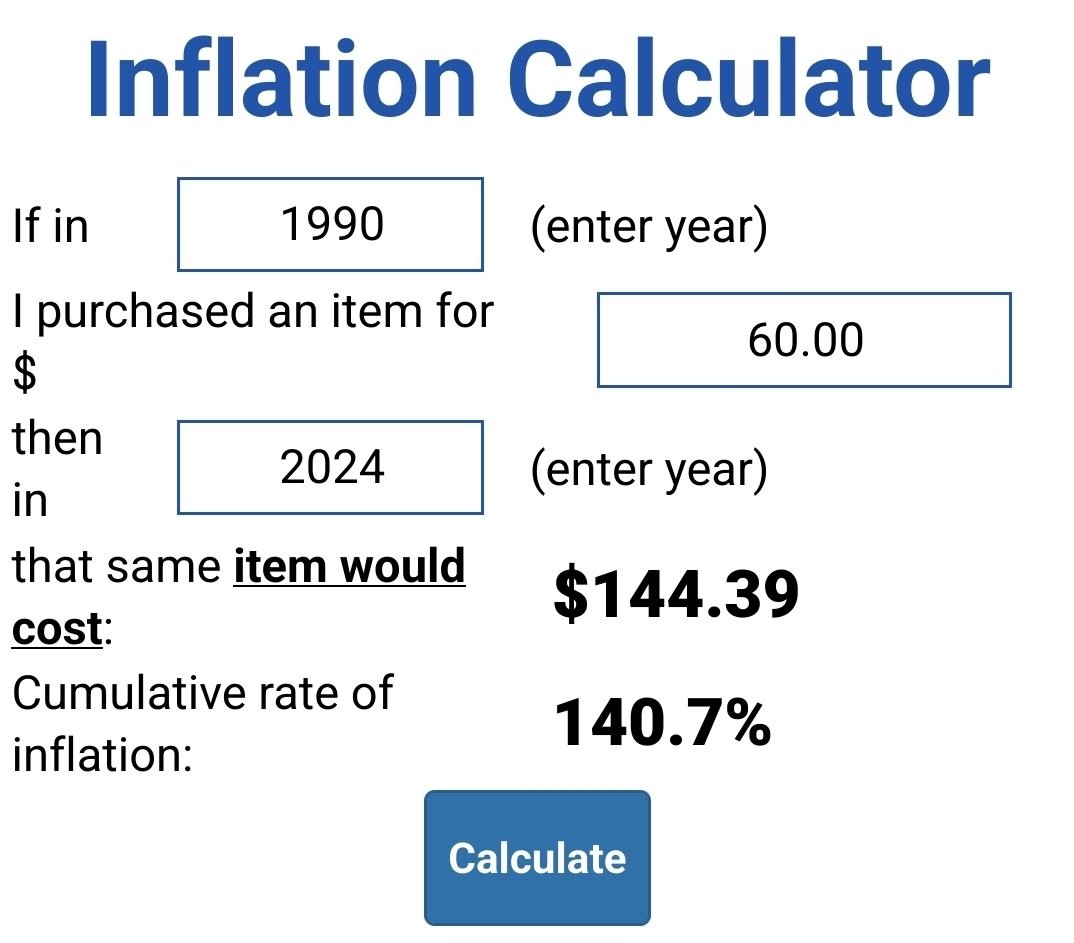I think a game should be priced accordingly with its quality, breadth & depth
So... BG3 should be $60 and other games these days should be like $30 or less? I can get behind that. That's obviously not what he meant though.
Maybe stop inflating the cost of games development by letting them get stuck in development hell, hiring external consultancy firms that add literally zero value to the game, massively overinflating markering budgets, and hiring way too many developers to work on a project? That's a good start.
This guy is a real dingaling. Especially calling Star Wars Outlaws a "blockbuster" game that isn't priced correctly? My guy, that game should be free according to its quality and depth.
